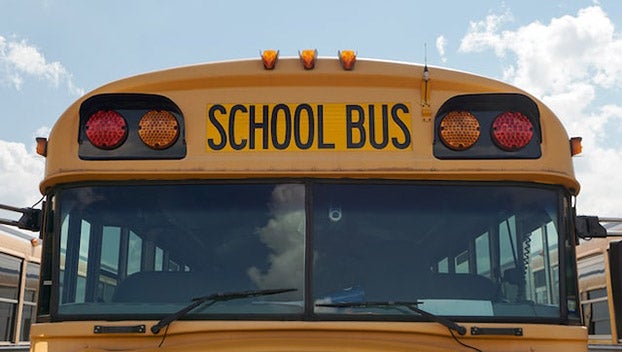Gifted program experiences Japanese culture
Published 6:39 pm Tuesday, November 24, 2015

- Taiki Sawabe, coordinator for the Japan Outreach Initiative, introduces students of Buckingham County Middle School’s Gifted Program to Japanese culture.
Students in Buckingham County Middle School’s Gifted Program experienced a crash course in Japanese culture with a visiting coordinator from the Japan Outreach Initiative (JOI) on Nov. 18.
According to Faith Jones, the school’s gifted program advisor, Taiki Sawabe, of JOI, presented students with an introduction to the culture and society.
“The students were engaged right away, and when Sawabe introduced numbers and the alphabet, everyone wanted to learn to spell his or her name,” Jones said.
The students were surprised, she said, “when they realized that most of them would have to settle for a phonetic spelling because the Japanese alphabet does not have the same letters/sounds that the American alphabet has.”
According to JOI, Japanese coordinators spend about two years serving their sites in the U.S. Typical activities of a JOI coordinator include holding workshops, presentations on Japanese culture and tutoring for Japanese students.
Coordinators also conduct interactive culture activities with students such as making origami, calligraphy, puppets, mask making, cooking sushi and kite making.
“JOI offers a grassroots opportunity to develop a deeper understanding of Japan by sending Japanese individuals to the U.S. as volunteer coordinators of community outreach activities about Japan,” Jones said.
Division Superintendent Dr. Cecil Snead said the program is a wonderful opportunity in offering Buckingham students different cultural experiences.
“Our theme for the gifted program this year at the middle school is ‘Members of a Global Community,’ and the monthly participation with JOI and Sawabe is a wonderful, educational way to expose our students to a new culture,” Jones said.
Sawabe will attend monthly meetings with the gifted students through April.
Jones said that the students showed enthusiasm and excitement to learn about a different culture halfway across the world.
According to JOI’s website, host organizations may participate in the program for two consecutive years.
They must be a non-profit organization, university with community outreach or a K-12 school system that places an emphasis on outreach programming.





